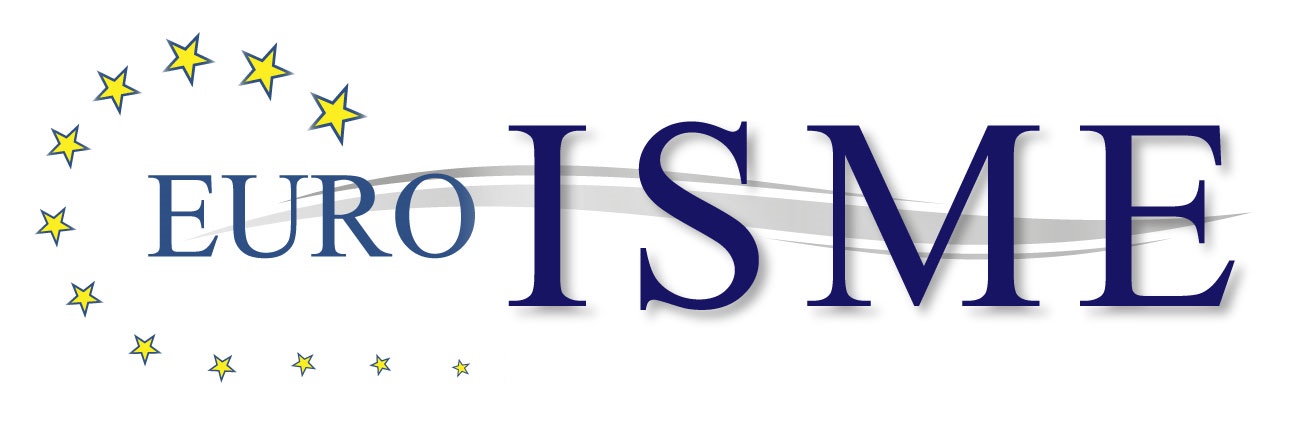By John Thomas
Israel’s military operations in Gaza continue to make headlines. Israel’s determination to crush Hamas is undiminished and that determination is understandable. More details are now emerging of the atrocities committed by Hamas on October 7th, and these often distressing details further fuel Israel’s resolve.
Nor should we forget that as of Friday 1st December Hamas (or its associates) are still holding 136 hostages, including 17 women and children. And even more fundamentally, Hamas’s own strategic aim remains the eradication of the state of Israel. As many other commentators have noted, Israel’s right to self defence in these circumstances is not in question.
So what should be Israel’s strategic aim in this conflict? As anyone who has served in the military will know, selection (and maintenance) of the aim is fundamental to strategic success. All political and military activities at every level flow from the strategic aim. If this is wrong, or misconceived, then there is a high risk that all the effort expended at the operational and tactical levels will be misconceived, misdirected and potentially counterproductive.

Israel’s stated war aims in Gaza are the eradication of Hamas and the freeing of the hostages. Leaving aside the immense military difficulties of achieving these aims, they are understandable, even if potentially in conflict with each other. However, war aims are not created in a vacuum. In this case, Israel’s aims are inevitably shaped by domestic pressures, both political and emotional, especially from the hostages’ families. If aims are not created in a vacuum, nor are they implemented in one. War is not a laboratory experiment, or an academic discussion, but the application of at times extreme violence and lethal force.
Urban warfare is not a new phenomenon. As long as there have been cities, there has been urban warfare. But I think that the war in Gaza is the first entirely urban war, using the full range of conventional military capabilities, in modern times. This raises two key issues. The first is the likelihood of Israel being able to succeed in its war aim of totally eradicating Hamas and the second is the unique circumstance of fighting an all out war in one of the world’s most densely populated areas, but one from which the civilian population cannot escape.
Which brings us back to Israel’s selection of its strategic aim. In my view, Israel’s strategic aim should be to create the conditions in which the citizens of Israel can live in peace and security with their neighbours. Before October 7th there was at least some prospect of that happening, even if terrorist groups such as Hamas and Iran would never buy into that. Thus, the eradication of Hamas and the freeing of the hostages should in my view be correctly described as operational aims.
This is why the Biden administration, through Defense Secretary Lloyd Austin issued a clear warning to Israel that it risks ‘strategic defeat’ in Gaza if it does not do more to protect civilians. But what does ‘strategic defeat’ mean in this context? I think it means principally 2 things. The first is that Israel’s actions run the risk of hardening the opinions of its Arab neighbours (both at political and street level) thereby decreasing the likelihood of peace and security for its own citizens in the long term. The second is that the wider world’s (not just the Arab world’s) view of Israel as a state committed to following international humanitarian law is being seriously eroded as each day of the war passes, given the visible devastation in Gaza.
The Israeli war cabinet might be prepared to substantially disregard world opinion in the face of what it sees as an existential threat. But that is a high risk strategy. The erosion of trust can take a long time to heal. One of the best (tragic) examples of this is the way the French public reacted to French troops using torture during the Algerian war of independence. The French public were so shocked to learn that their own forces, with government connivance, were using the same tactics as the Nazis who occupied France little more than a decade earlier that trust in the army did not recover for at least a generation.
Many people who support Israel’s right to self defence are struggling to rationalise in their own minds the forced evacuations of civilians, the denial of essential aid, including medical supplies, fuel and water, to the civilian population, as a legitimate and ethical way of waging war.
Whether the eradication of Hamas is more properly described as a strategic or an operational aim becomes irrelevant at this point. As many readers of this blog will know, military ethics is not about discussions, training exercises or conferences, important though they are as a means to an end. Military ethics in the context of a hot war is about respect for humanity and a willingness to avoid needless suffering. It is in that context that ethics has a central role not just in the selection of strategic, operation and tactical aims, but crucially in the means used to achieve them.
The world does not need terrorist groups like Hamas, or destabilising fundamentalist states like Iran. It needs states like Israel as examples of peace , prosperity and stability in a very unstable region. It would be a tragedy of enormous proportions if the way Israel has chosen to prosecute the war in Gaza serves to undermine rather than enhance its own and regional peace, prosperity and stability.
And one final thought. Hamas had planned the October 7th attack for several years. It was not a random act by a hot headed splinter group. So what might Hamas’s strategic aims have been? Perhaps to isolate Israel from its neighbours, to provoke criticism of Israel from its many traditional allies in the West, to flood the media with images of injured Palestinians and to create a new generation of anti Israeli fighters? If those were their aims then we are forced to ask ourselves who is closer today to achieving its strategic aims, Hamas or Israel?
We might not like the answer.
About the author: Air Commodore (retd.) John Thomas served for over 30 years in the UK Royal Air Force, specialising in international relations at the political/military level. His main military ethics interests are the impact of good leadership on ethical behaviour and ethical decision making at the strategic level.
Picture credit: Jani Kaasinen on Unsplash
